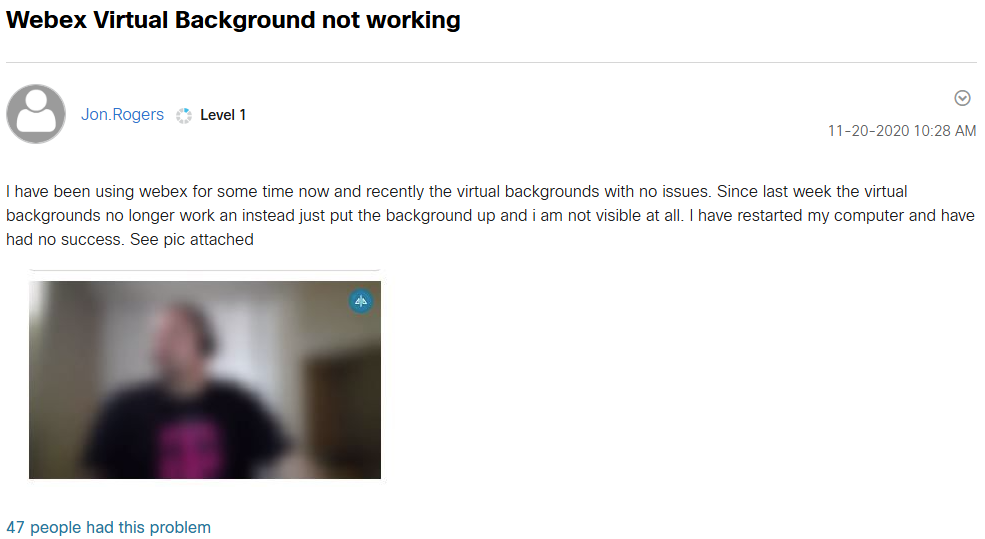Overview
The Cisco DevNet Associate certification is not that hard to get, and it’s also a solid starting point for traditional infrastructure engineers looking to jump into DevOps. Don’t let the certification vendor intimidate you – you most certainly do not need to be a networking expert to pass this exam with relative ease.
I was first introduced to this exam when a network engineer I worked with told me that he was going to start studying for it. He said it was the future of computer networking.
”We’ll all be out of a job in five years. There will be a single high school kid running scripts that will replicate all that we do, but with zero failures.”
Just kidding, I don’t really remember what he said, but I do remember the other network engineer in that office telling us that he quit working at Google because they were so focused on software-defined networking. He quit working there before they went public. If there is any lesson here, it’s that we cannot be scared of the future.
Certification Preparation Materials
The best part about Cisco exams is the official course guide. The DevNet Associate OCG and the DevNet Sandbox are pretty much the only resources needed to prepare for this exam.
The other resources I used came from various sites when I was learning certain things about Python and Git commands. I found that Copilot was a great resource for this exam too. Some syntax in Python confused me when we were working on manipulating JSON config files, and Copilot was able to provide excellent breakdowns of what was needed to make the script work.
I would recommend putting in several hours in the Sandbox testing out the various APIs. This is a big part of the exam. So. Many. API questions. This is a Cisco-centric certification exam, so it makes sense. That being said, a lot of what is covered carries over anywhere. Even at places that use zero Cisco solutions.
Timeline
I only spent five weeks preparing for this exam. The OCG is incredible. I genuinely enjoyed going through each section with one exception – collaboration software. I just… I don’t care about WebEx. Sorry, WebEx!

I used two practice exams for this. Pearson provided several, and then I also bought the DevNet Associate practice exam from MeasureUp. I went through all of the practice exams and made notes of what I missed. Those notes then became Quizlet flashcards that I would spend a lot of time reviewing. Quizlet also has a decent mobile app for studying on the go!
I would highly recommend taking the MeasureUp exams only after consistently getting near-perfect scores on the Pearson practice exams. I was crushing the Pearson practice exams, and then failing the MeasureUp ones with scores around 60%. And a passing score for the exam is arbitrarily between 70% and 75%. I spent several days going through all the questions that MeasureUp offered before feeling finally ready to sit for the exam.
The Exam
I scheduled the exam for early in the morning, which is a trend I will try to match going forward. I hate the feeling of dread I inevitably feel on test days when the exam is in the afternoon. Overall, the exam was not too bad. It was much more similar to the MeasureUp practice exam than the Pearson ones.
I mostly struggled with two question types. The first was about very specific Python syntax. Just because I felt confident with Python scripting did not mean that I memorized some very niche syntactic nuances. The other question type I struggled with were the hyper-focused API questions about very specific Cisco products. This is where practice in the DevNet Sandbox helps. I don’t think that we’re expected to memorize all of them, but I do think they were expecting people to actually put the work in and test out the various APIs.
I rushed through the preparation for this exam, so this is not unexpected. As long as you practice and make some notes about the specific API functions for products like Meraki and Umbrella, you will be fine! By the way, Cisco owns the umbrella.com domain name. You don’t need to know that for the exam, but that’s kinda cool, right?
What Next?
This certification is such a good starting point into DevOps. Where to go after this leaves so many options on the table. I think that I would recommend the Docker certification from Mirantis first. We cover just the tip of the Docker iceberg.
Like, not the tip of the tip. It does get quite granular. But still just the tip. With how transformative Docker and containerization has been for the industry, I think that we all owe it to ourselves to become highly proficient with it.
There are other Cisco certifications available, too. If you want to specialize, I would just stick with Cisco. Not everyone needs to be a jack-of-all-trades. There are so many career paths that exist entirely within the Cisco universe. Knock out the CCNA next if you don’t have it. If you do, why not try for a professional-level Cisco certification like the CCNP or the DevNet Professional?
If Cisco’s products and networking in general did not speak to you, then jump into cloud-computing next. I would recommend AWS or Microsoft Azure first as those are the two biggest by market share, but Google Cloud is not that far behind in third place… and it is very well ahead of fourth place. You can’t go wrong with any of those three.